34 results in Cambridge Studies in Public Opinion and Political Psychology
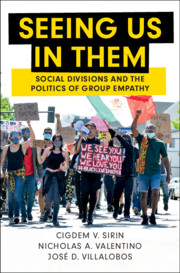
Seeing Us in Them
- Social Divisions and the Politics of Group Empathy
-
- Published online:
- 11 March 2021
- Print publication:
- 18 March 2021

Immigration and the American Ethos
-
- Published online:
- 25 January 2020
- Print publication:
- 02 January 2020
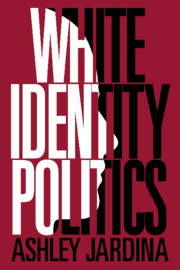
White Identity Politics
-
- Published online:
- 25 January 2019
- Print publication:
- 28 February 2019

Close to Home
- Local Ties and Voting Radical Right in Europe
-
- Published online:
- 14 September 2018
- Print publication:
- 20 September 2018
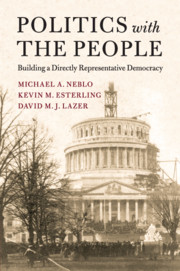
Politics with the People
- Building a Directly Representative Democracy
-
- Published online:
- 17 August 2018
- Print publication:
- 06 September 2018

Unspoken Politics
- Implicit Attitudes and Political Thinking
-
- Published online:
- 05 March 2016
- Print publication:
- 24 February 2016
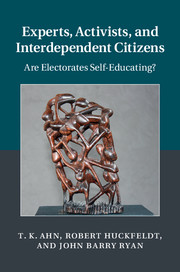
Experts, Activists, and Democratic Politics
- Are Electorates Self-Educating?
-
- Published online:
- 05 November 2014
- Print publication:
- 13 November 2014

American Identity and the Politics of Multiculturalism
-
- Published online:
- 05 September 2014
- Print publication:
- 11 August 2014
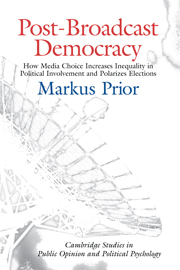
Post-Broadcast Democracy
- How Media Choice Increases Inequality in Political Involvement and Polarizes Elections
-
- Published online:
- 05 July 2014
- Print publication:
- 02 April 2007
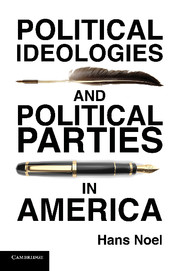
Political Ideologies and Political Parties in America
-
- Published online:
- 05 June 2014
- Print publication:
- 31 January 2014
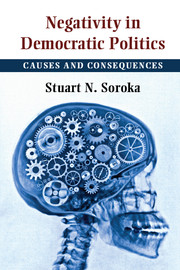
Negativity in Democratic Politics
- Causes and Consequences
-
- Published online:
- 05 June 2014
- Print publication:
- 07 April 2014
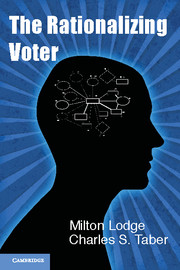
The Rationalizing Voter
-
- Published online:
- 05 March 2013
- Print publication:
- 22 April 2013
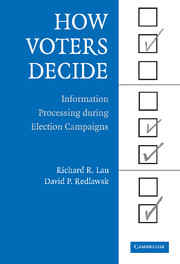
How Voters Decide
- Information Processing in Election Campaigns
-
- Published online:
- 05 September 2012
- Print publication:
- 26 June 2006
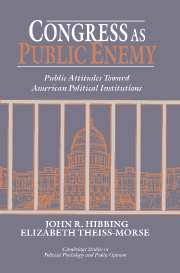
Congress as Public Enemy
- Public Attitudes toward American Political Institutions
-
- Published online:
- 05 August 2012
- Print publication:
- 29 September 1995
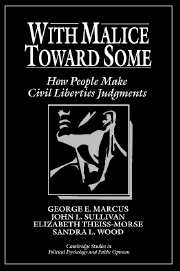
With Malice toward Some
- How People Make Civil Liberties Judgments
-
- Published online:
- 05 August 2012
- Print publication:
- 29 September 1995
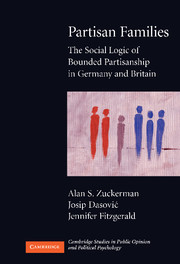
Partisan Families
- The Social Logic of Bounded Partisanship in Germany and Britain
-
- Published online:
- 05 June 2012
- Print publication:
- 09 July 2007
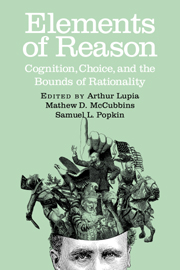
Elements of Reason
- Cognition, Choice, and the Bounds of Rationality
-
- Published online:
- 05 June 2012
- Print publication:
- 09 October 2000
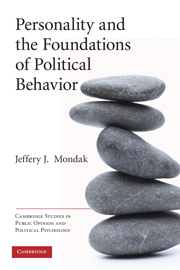
Personality and the Foundations of Political Behavior
-
- Published online:
- 05 June 2012
- Print publication:
- 31 May 2010
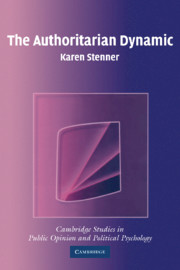
The Authoritarian Dynamic
-
- Published online:
- 05 June 2012
- Print publication:
- 25 July 2005

Race and Place
- Race Relations in an American City
-
- Published online:
- 05 June 2012
- Print publication:
- 10 September 2001

